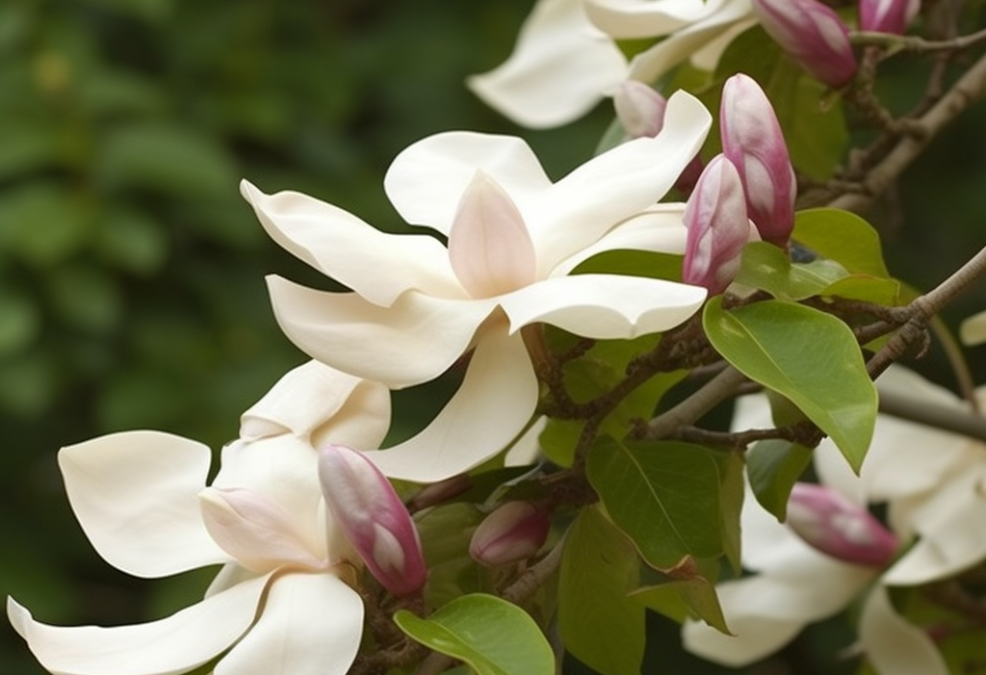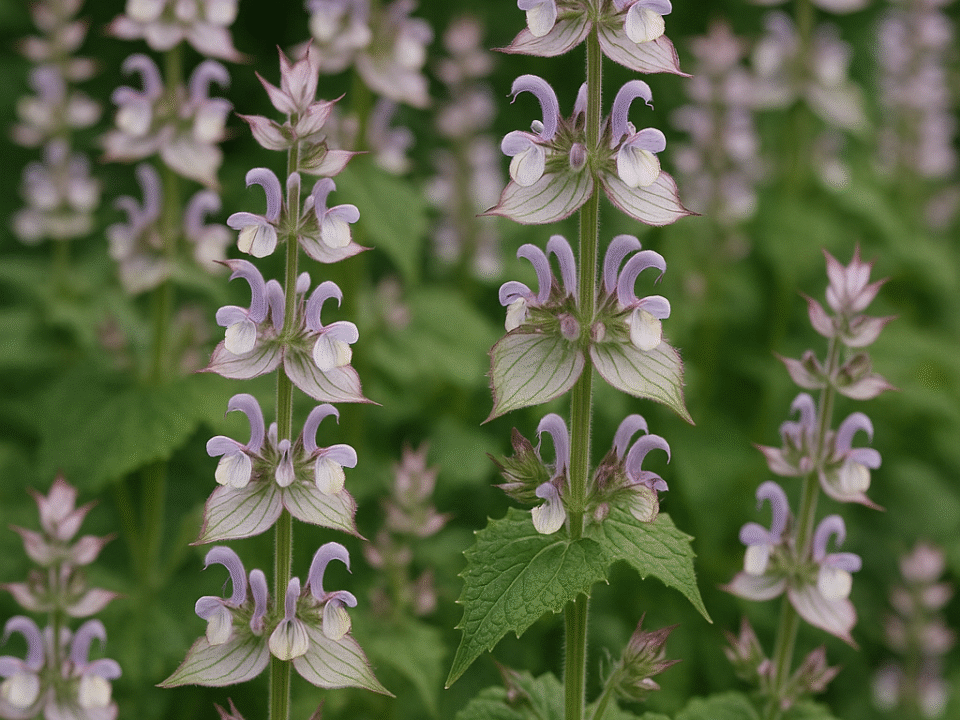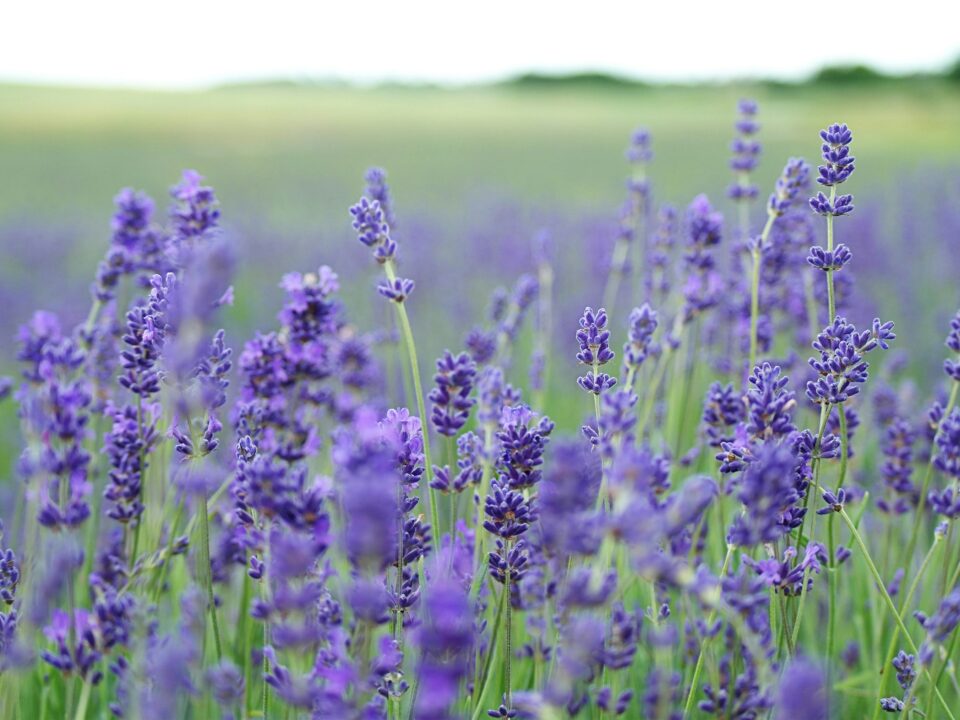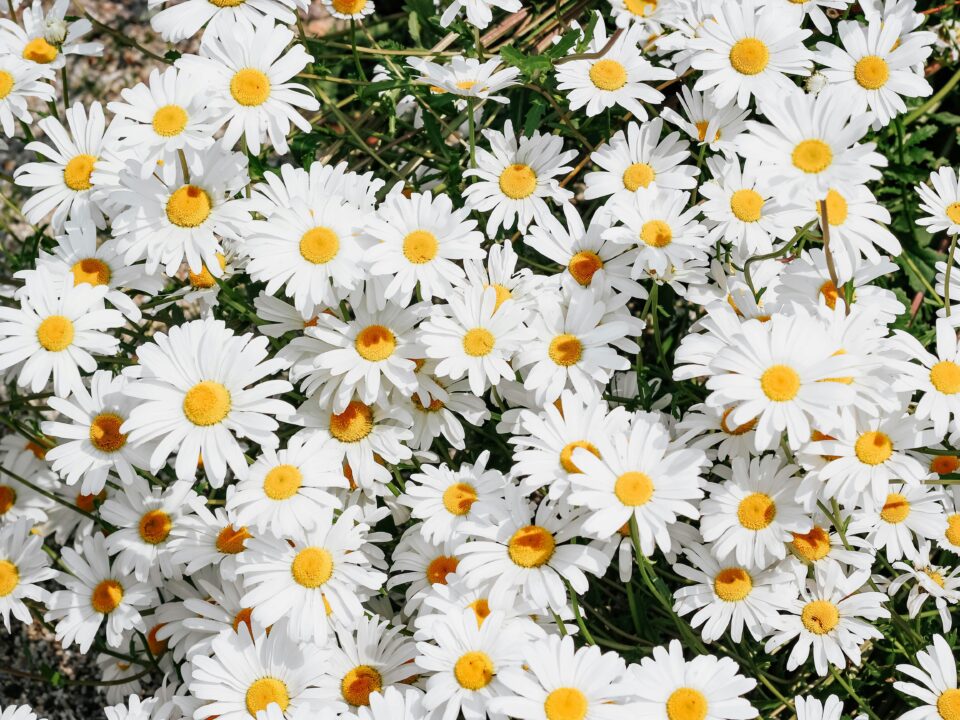
Schisandra, commonly known as the magnolia vine, encompasses a genus of climbing shrubs that tend to intertwine with other vegetation. While some authors categorize these plants within the Illiciaceae, it is important to note that despite being referred to as the “magnolia vine,” Schisandra is not closely related to true magnolias. This genus, often spelled as Schizandra, primarily thrives in Asia and North America, with a notable diversity center located in China.
Certain species of Schisandra are cultivated as ornamentals in gardens due to their aesthetic appeal. This hardy deciduous climber flourishes in a variety of soils and ideally grows against a sheltered, shady wall. Propagation is possible through cuttings of semi-mature shoots in the month of August.
The dried fruit of Schisandra finds medicinal applications. In Chinese culture, the berries of S. chinensis are termed “five flavor fruit” because they embody all five fundamental tastes in Chinese herbal medicine: salty, sweet, sour, pungent (spicy), and bitter.
Schisandra is classified as an “adaptogen,” denoting non-toxic plants and herbs that support the body in resisting various forms of stress—be it physical, chemical, or biological. In traditional Chinese medicine, it is utilized to combat infections, enhance skin health, alleviate insomnia, and address issues like coughing and thirst.
Within the skincare industry, Schisandra is valued for its anti-inflammatory, anti-aging, and antioxidant properties. The Schisandra berry, being rich in lignans—a class of anti-inflammatory compounds—exhibits potent antioxidant benefits. These antioxidants play a vital role in combating inflammation, a significant contributor to chronic diseases and the aging process, both within the skin and the body.
Furthermore, the robust antioxidants present in schisandra aid in neutralizing free radicals, resulting in a more luminous complexion and a reduction in visible signs of aging, such as fine lines, wrinkles, and pigmentation. Schisandra berries also act as a shield, protecting cells from further DNA damage.
In general, Schisandra is well-tolerated by the majority of individuals and can be safely incorporated into daily routines, provided there are no allergies to this ingredient.



